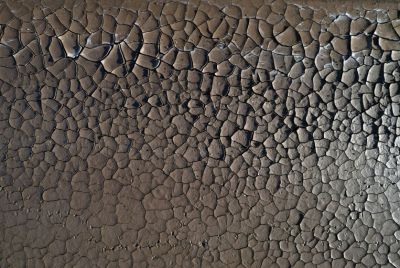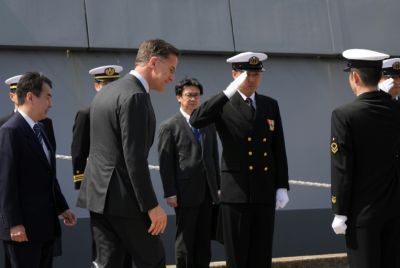China, India Scramble for Afghan Mines
War-torn Afghanistan may have yet to create a concrete and definitive framework to be able to attract more foreign investments, but regional investors interested in its mining treasure remain undeterred even as the country still remotely sees the end of its inner problems.
Embattled as it continues to be, but competition heat led by China and India is on for its more than $1 trillion worth of minerals.
Even if corruption is prevalent, China and India chose to move on.
Concessions by foreign investors have been strictly monitored and carried out under the supervision of American experts and a host of institutions.
"Corruption is impossible. We are committed to transparency. We are committed to best practice," Nasir Durrani, deputy minister of mines, told AFP.
On one hand, in 2007, China won the extraction rights into the Aynak mine south of Kabul. According to Soviet-era data and a newer study by the United States Geological Survey, the mine could yield over 11 million tonnes of copper.
India, on the other hand, has its sights on the two-billion-tonne Hajigak iron ore mine in central Bamiyan province, where Durrani estimates could give up to $6 billion to the government.
Even Australia, itself a minerals and metals producing nation, has been wooed to invest in Afghanistan when Australian Prime Minister Julia Gillard visited Kabul last week.
The predicted combined payout from the Aynak and Hajigak mines could earn the Afghan coffers at least half a billion dollars a year, according to a U.S. mining expert whom AFP did not identify. The figures will be a significant input to its largely foreign aid-dependent economy, but not until 2016.
Feasibility studies for rail projects have been lined up.
To be financed by the Metallurgical Corporation of China, the first will run a line from the Pakistani border to the Aynak mine, which it owns, and onwards to Kabul. It will link the Hajigak project to the capital and up to the Uzbek frontier.
The second rail route, which is being studied by the Asian Development Bank, will head south to Iran, where mineral supplies could be shipped to India.





















